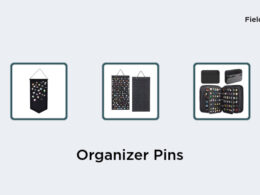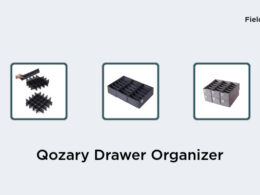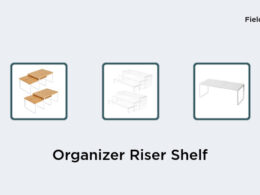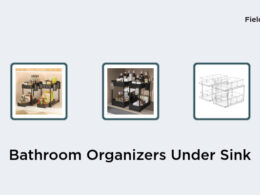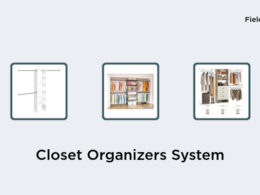The Basics of Hydroponic Plant Growth
Hydroponic plant growth is a soil-less method of growing plants that has gained popularity in recent years. The process involves planting seeds in containers with nutrient-rich water. The water provides all the essential elements that soil traditionally provides, such as minerals and nutrients. In hydroponic growth, the growing medium is removed entirely, allowing for increased water and nutrient delivery to the plant.Plants Need Water to Grow Hydroponically
Water is essential for hydroponic plant growth. It serves as the primary growing medium and supplier of nutrients. The best water for hydroponic growth is pH balanced and devoid of chemicals that might affect the plants’ growth. The water must also be oxygenated effectively to ensure the plants’ roots are not submerged in stagnant water.Nutrient Delivery Systems for Hydroponic Growth
In hydroponic plant growth, there are two nutrient delivery systems used to deliver the plants’ nutrients. These systems involve the use of either a timer or a drip irrigation system to dispense the nutrients to the plants. The timer system delivers nutrients at specific intervals, while the drip irrigation system delivers them to the plants continuously. The nutrient solution must contain macronutrients such as potassium, phosphorus, and nitrogen, which are essential for the plant’s growth. Some popular nutrients for hydroponic growth include:- MaxiGrow
- FloraGro
- FloraBloom
The Importance of Light for Hydroponic Plants
Light is an essential component of hydroponic plant growth. While natural sunlight is an ideal light source, it is not always practical or even available. Therefore, artificial light sources, such as LED grow lights and metal halide bulbs, are used to provide the necessary lighting for hydroponic plant growth. Light intensity, duration, and wavelength are crucial factors contributing to strong and healthy plant growth.Indoor vs. Outdoor Hydroponic Plant Growth
Hydroponic plant growth can be done both indoors and outdoors. Outdoor gardens receive adequate sunlight and rain, making them a natural choice for plant growth. However, indoor hydroponic growth remains popular due to its controlled environment, which allows year-round growth and typically quicker yields.Choosing the Right Containers for Hydroponic Plants
Containers for hydroponic plant growth must be able to hold enough water for the plant’s roots to grow and have a design that allows for proper drainage and aeration. Common materials used for hydroponic containers include plastic, PVC pipes, and buckets. Selecting the right container size is also essential. Too small containers will result in impaired root development, while excessively large containers waste valuable space. The following are some materials typically used for hydroponic containers:- Plastic
- PVC pipes
- Buckets












